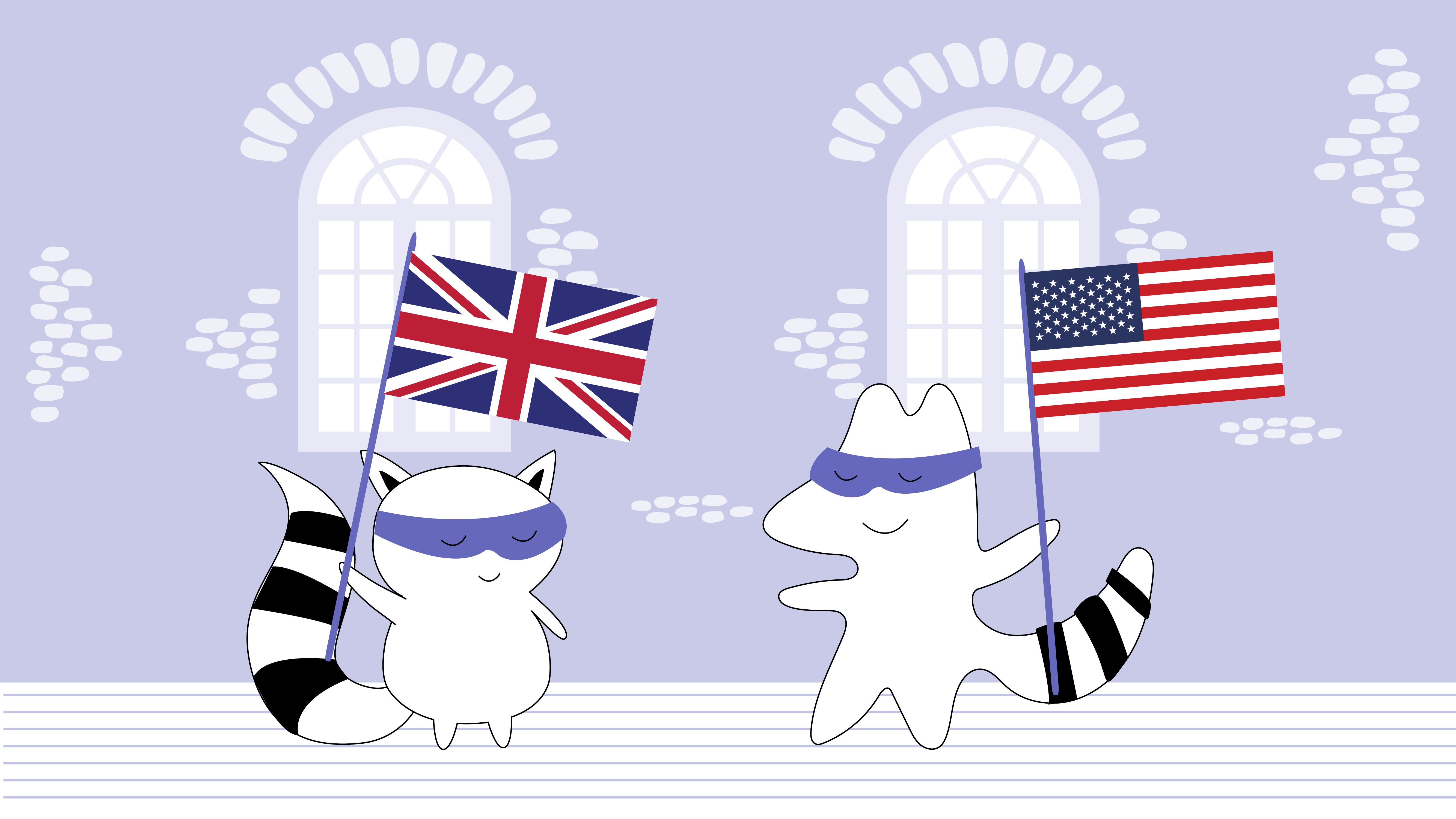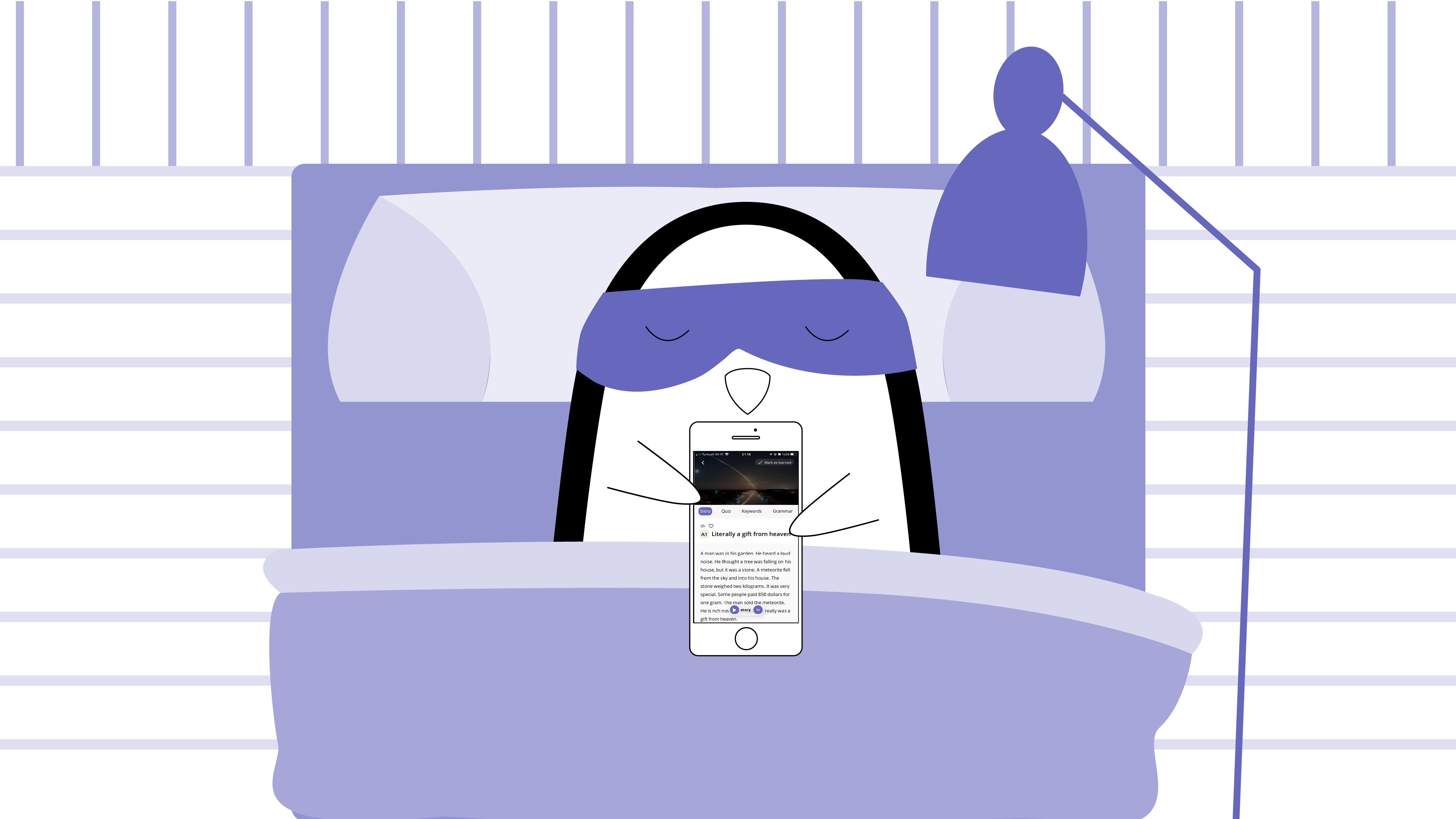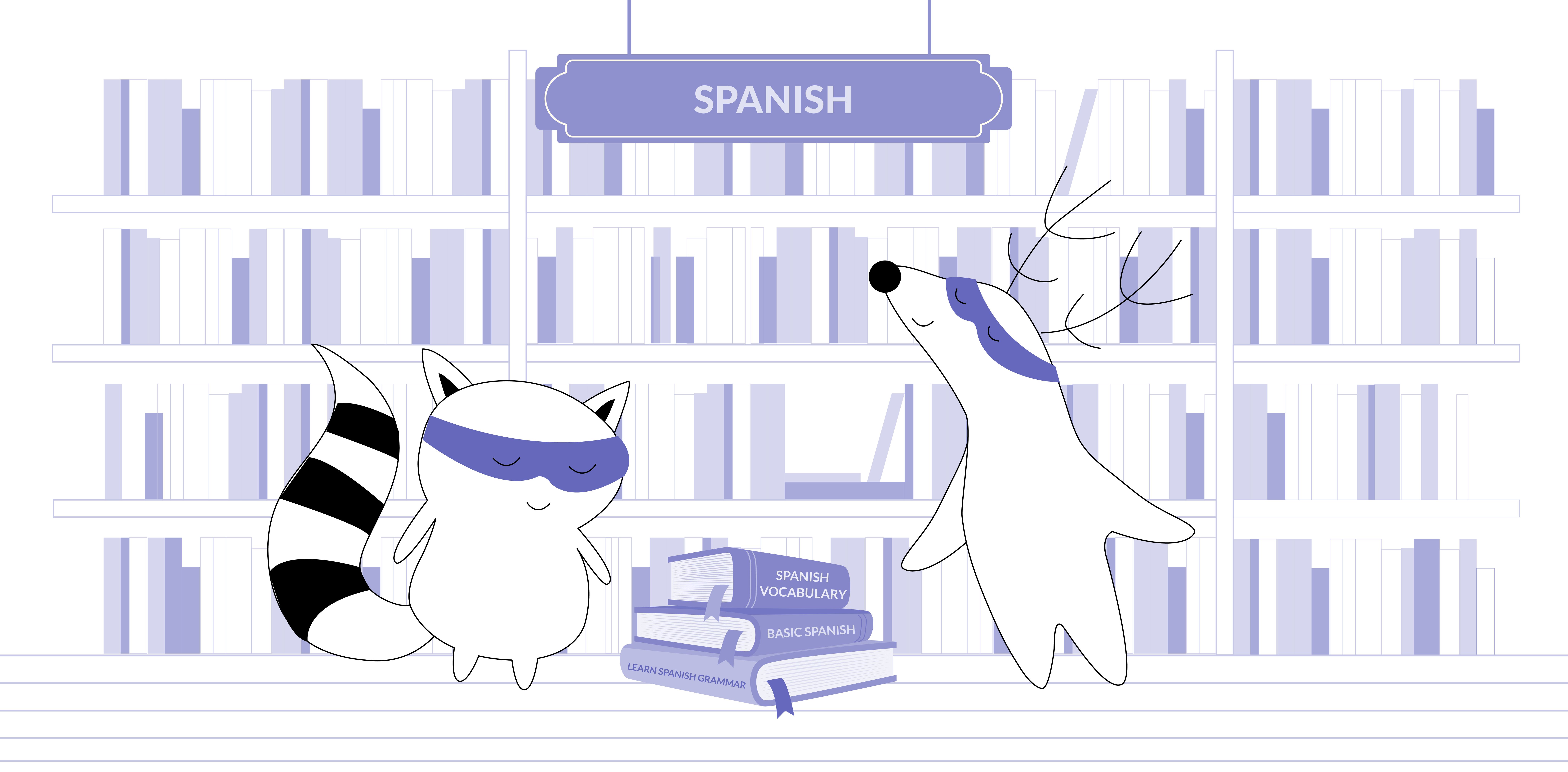
As an English learner, have you ever traveled to an English-speaking country and found yourself confused by the local accent and vocabulary? Or, maybe you're watching a movie and hear terms and phrases pronounced differently from what you’ve acquired when learning English.
Don't worry; you haven’t learned how to pronounce it wrong. In English, the same term can be said in different ways. Sometimes, a word even has a different meaning based on different pronunciations.
Such is the case of "live," which is pronounced with the vowel sound "i" when it refers to the verb "to live" and with the diphthong "ai" when it refers to something being broadcasted at the moment.
Other times, the words will still mean the same thing but change their pronunciation due to regional variations. In this post, let’s take a look at 10 English words that are pronounced multiple ways and learn when to use them.
Let's go!
Learn English with Langster
Why Do People Pronounce Words Differently?
English pronunciation can be a bit difficult to learn. Similar words can be said in entirely different ways (through and thorough, anyone?). And, let's not forget about silent consonants, as in cupboard or comb. If you're learning English as a second language, don't be discouraged: with practice, soon this won’t be a problem anymore.
Now, what happens with the words that have the same spelling but still sound different?
As we mentioned before, English has heteronyms. These are words that change the way they sound and their meaning. We'll learn more about them below. However, there are a few other reasons why the same term in English can have two different pronunciations. Let’s take a quick look.
A Complex Language History
One such reason is that English has a long and complex history, with influences from a variety of other languages, such French and Latin. This has resulted in a wide range of accents and dialects in the English language, each with unique patterns.

Almost 300 years ago, the USA was a colony of the UK, and they probably spoke practically the same language. But, with time, many features started to change. Today, many words in the American English and British accents have divergent pronunciations, spelling, and even utterly different vocabulary when referring to the same item (such as cookie and biscuit).
New Words Are Introduced
English is constantly evolving, and as new words are introduced, or old words are borrowed from other languages, they can be pronounced in different ways.
For example, "butter" comes from the Latin word "butere" and can be pronounced with or without the "r" at the end (depending on the local accent).
Changes in Meaning
Sometimes, a change in pronunciation can signal a shift in meaning. For example, the word "read" is pronounced with "eh" when the verb is in the past tense, while it’s pronounced with "ee" when it's in the present tense.
As you can see, these alternate pronunciations modify the verb's meaning.
The Speaker's Background
Finally, how a word is pronounced can also be influenced by the speaker's background, education, and social status. For example, someone with a higher level of education may be more likely to pronounce a word "correctly," according to traditional or academic standards.
For instance, British Received Pronunciation (RP) has for many years been considered the standard British accent. It’s the accent used in dictionaries and by the King.
At the same time, someone with less education may be more likely to pronounce it more colloquially or regionally (which is also perfectly acceptable).
The fact that the same word in English can have multiple pronunciations is just one of the many quirks and complexities of this diverse and constantly evolving language.

So, you should not be surprised that, many times, there's not just one correct pronunciation but two. With patience and practice using different methods, soon you'll be able to understand these differences and incorporate them into your vocabulary.
Heteronyms and How to Recognize Them
Don't be intimidated by this complicated name (and don't confuse them with homonyms!). Heteronyms are simply words that are written the same but have different pronunciations. This happens mainly because the term changes its meaning.
For example, one particular word may be used as a noun, and another may be an adjective. The tricky part is to learn each pronunciation and then recognize when to use which option. The main way to do this is by understanding the context in which the word is used.
Let's take a look at some examples below.
Wind.
- It can be pronounced with "i", as in "pin," when you mean “air movement.”
- It can also become a verb, meaning ”to turn something or cause something to turn up/down” and be pronounced with "ai," and then the syllable rhymes with "kind."
Tear.
- If you want to use the word as a noun (“a drop of water coming from your eyes when you're sad”), you should pronounce it rhyming with "dear."
- This word can also be a verb (meaning “to rip a solid material”) and be pronounced to rhyme with the word "fair."
10 Common Words That Have Variant Pronunciations
Now, let's cut to the chase and look at ten common words people pronounce differently. These are also commonly mispronounced words due to contextual or dialectal confusion, so pay attention!
Tomato
Many English words have two pronunciations; the best example is "tomato."
While the preferred pronunciation in the USA is with the diphthong "ei" in the second syllable and say "tuh-MAY-toe", people from Great Britain typically utter the word as "tuh-MAH-toe."
Data
This word, which refers to information or facts, can be pronounced "DAY-tuh" or "DAH-tuh," with the variation taking place in the first syllable.
The first pronunciation is more common in the United States, while the second is more common in the United Kingdom. Again, it all comes down to where speakers are from.
Vase
“Vase” is a borrowed French word that refers to a container used for holding flowers or decorative objects.

This one-syllable word can be pronounced "VAYS" (American English) or "VAAZ" (British English).
Interesting
This adjective does not change its pronunciation because of diphthongs, as it happens with the previous examples.
Instead, it can be pronounced "in-teREST-ing" (American English) or "in-TRI-sting" (UK English).
Aunt
The variation that takes place in this word has to do with the type of the "a” sound.
While Americans tend to pronounce it as "ANT," with the same sound as in the word "cat," British people would say "AHNT" (which sounds like the "a" used in the word "car").
Route
You can pronounce the word "route" as "ROWT" or "ROOT" (where the syllable rhymes with "food").
The first pronunciation is more common in English speakers from the United States, while the second is more common in the United Kingdom.
Watch
“Watch” is one word that, again, varies depending on geographical location.
British speakers would commonly use the pronunciation "o" in this type of word and say "WOTCH" instead of the American "WATCH” with an "ah."
Apparel
This noun, which refers to clothing or garments, can be pronounced "uh-PARE-uhl" (in the US) or "uh-PAYR-uhl" (in the UK), with different sounds in the second syllable.

Envelope
Did you know that this noun also has variant pronunciations?
In the US, people tend to say "EN-vuh-lope" while in the UK, the word sounds like "AHN-vuh-lope" (just like David Craig's character pronunciation in the The Glass Onion!).
Advertisement
This word changes both its vowel sounds and its stress placement.
On the one hand, British people would say "uhd-VER-tis-muhnt," with the stress in the second syllable. On the other hand, Americans say "AD-ver-ties-muhnt," with the stress on the first syllable. This changes the vowel sounds used in the third syllable, pronounced as "ai" instead of "i."
No "Correct Pronunciation": Just the English Language!
If you ever feel confused by a variant pronunciation of different words, don't worry; it's not you. It's the English language itself!
Different pronunciation can take place due to regional variations, the influence of other languages, the constantly-evolving nature of the language, and individual speaker backgrounds.
Then, there are also heteronyms, which can change their pronunciation and meaning. For example, some terms may change their stress from the last syllable to the first or simply use a different vowel sound.
While all of this may seem intimidating, it all comes down to practice. TV shows, podcasts, songs, and language apps like Langster will be essential in your journey toward English proficiency. Start practicing regularly today, and you will see the effects in no time.









